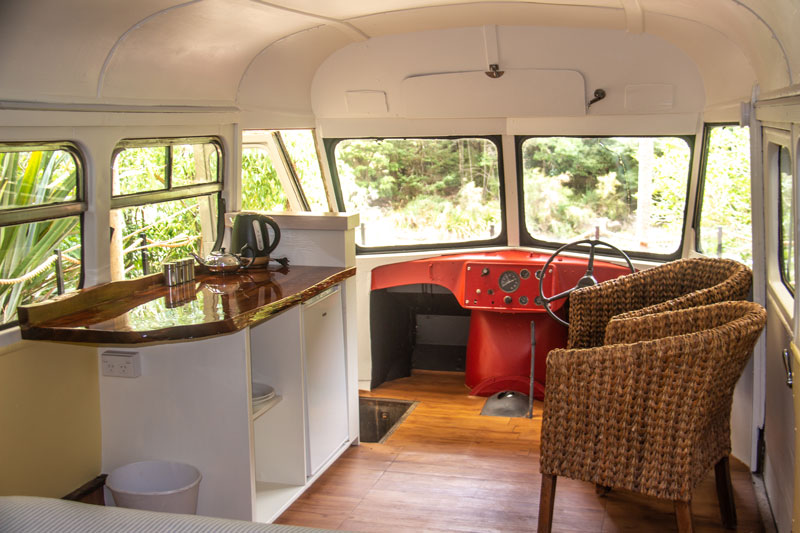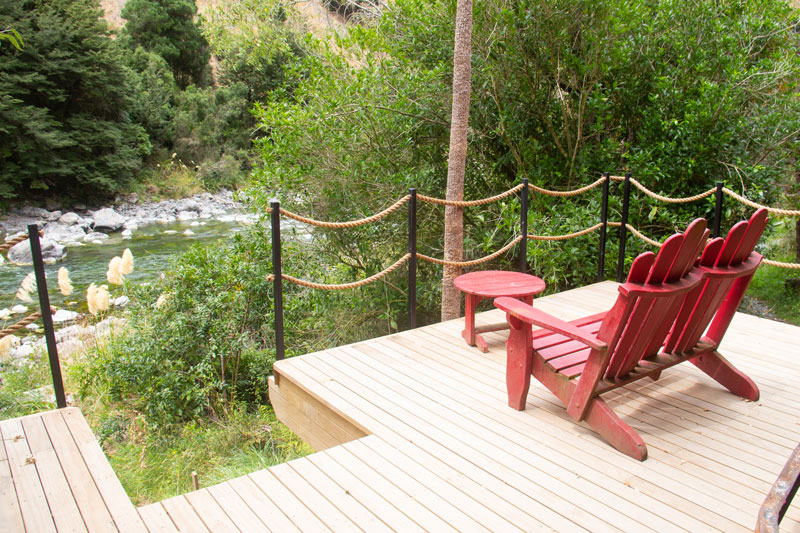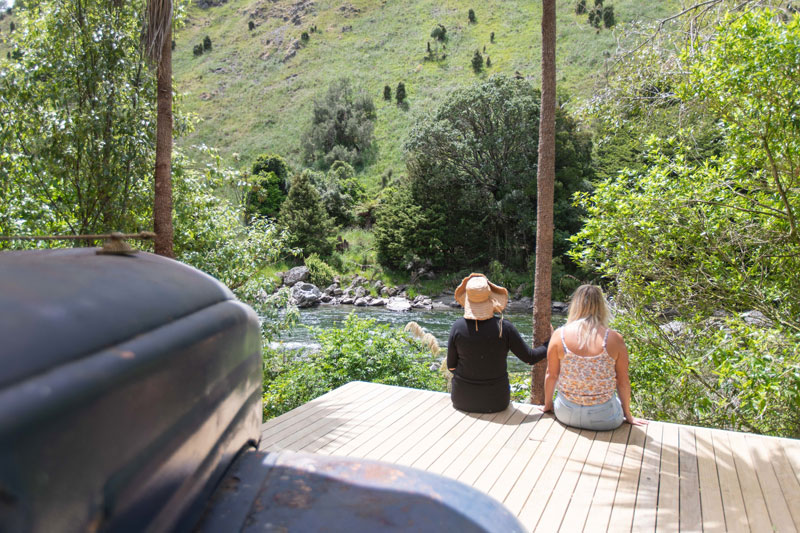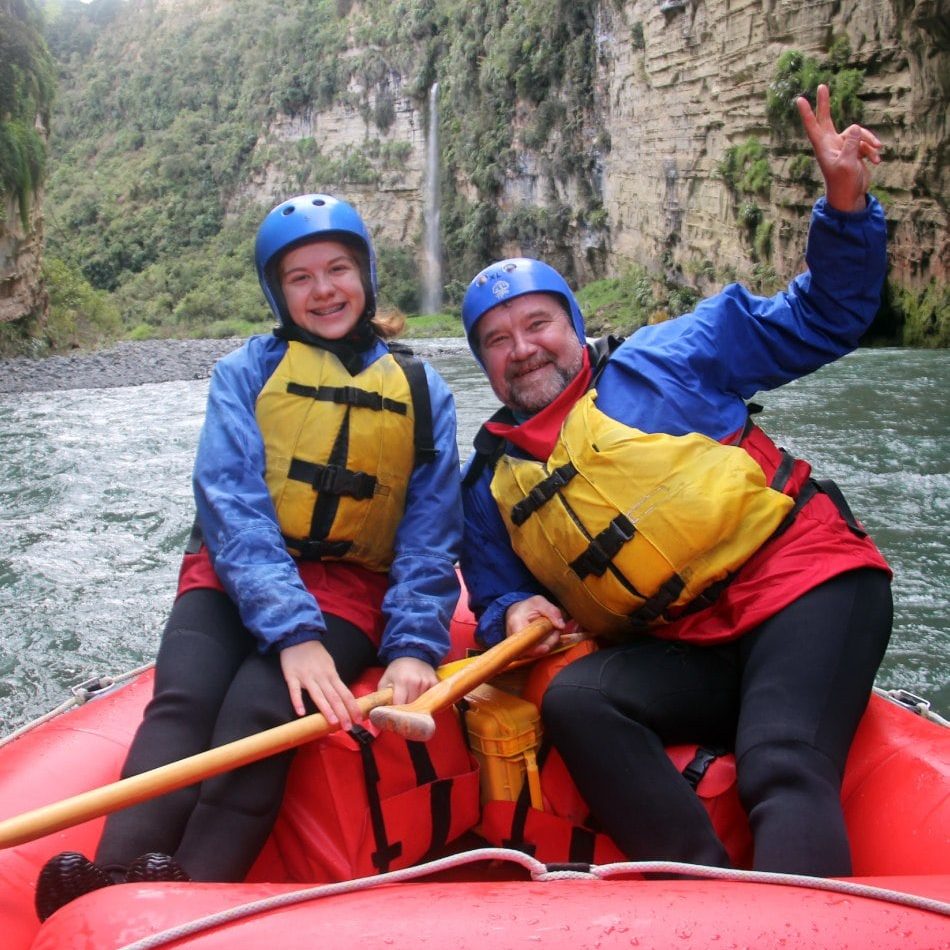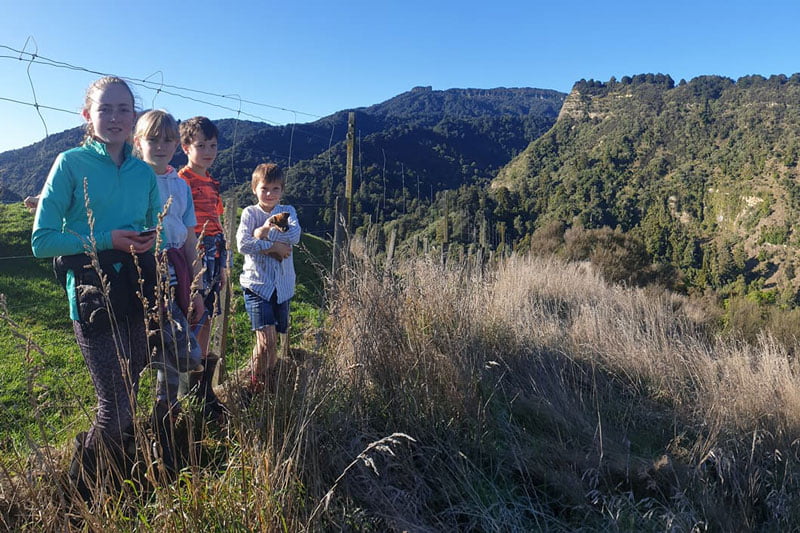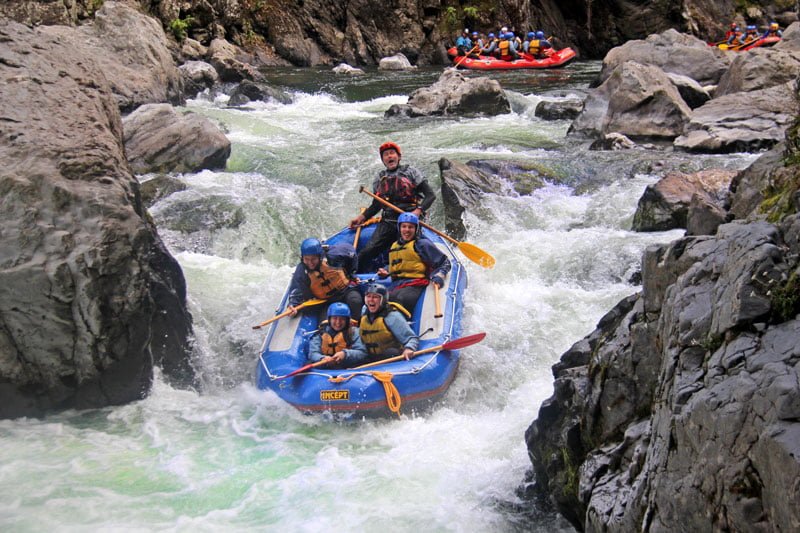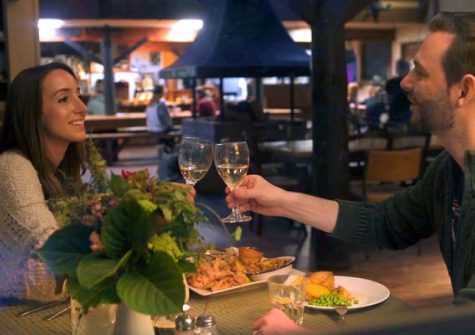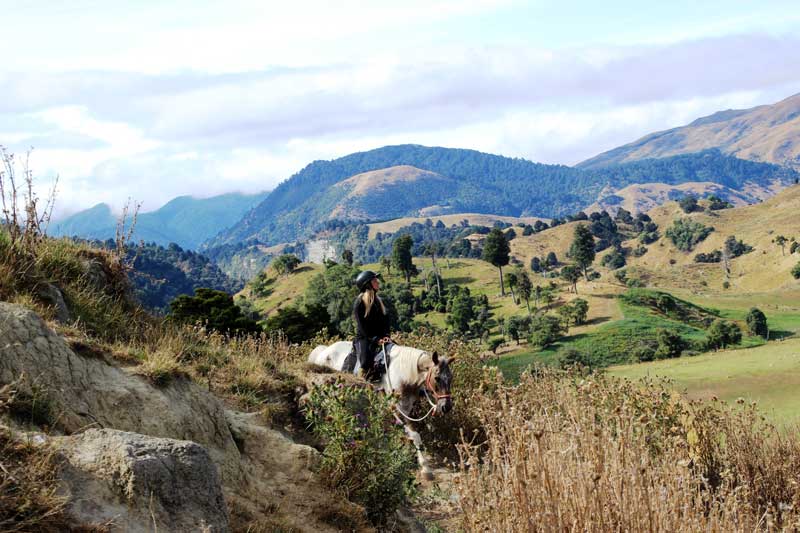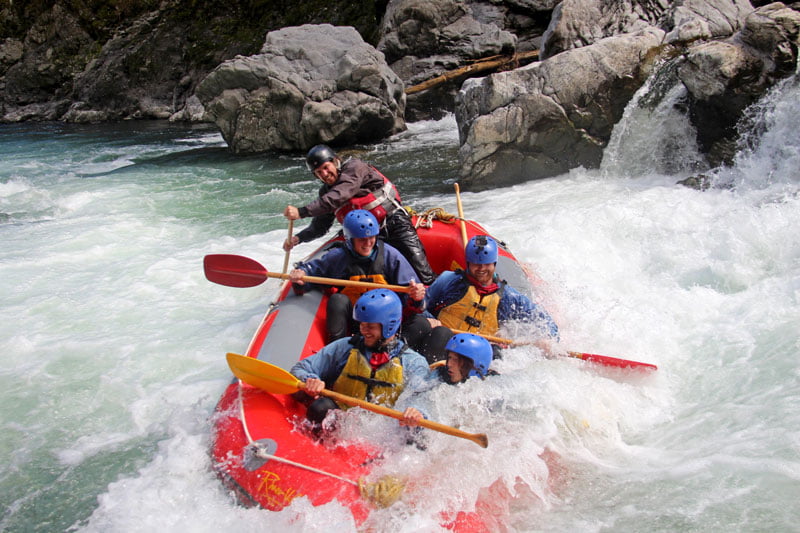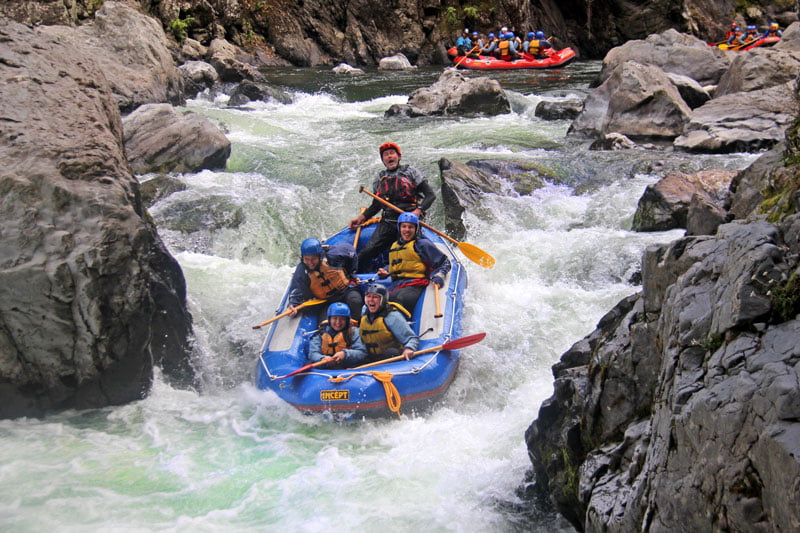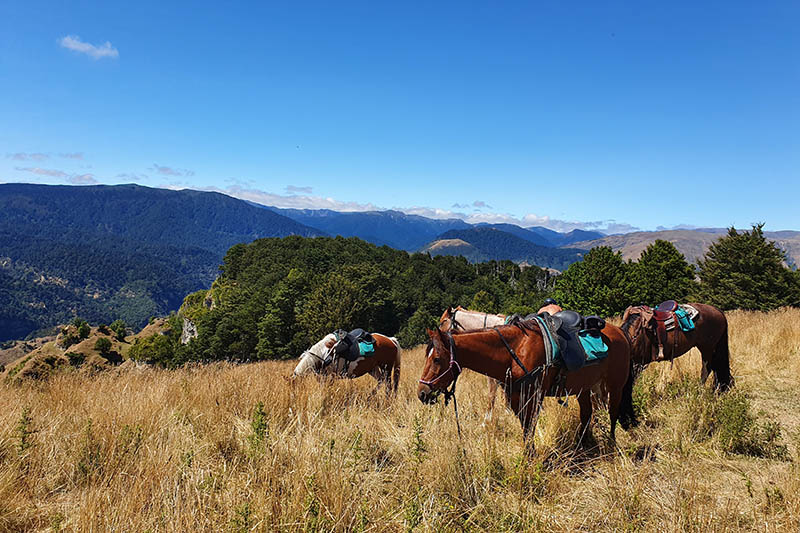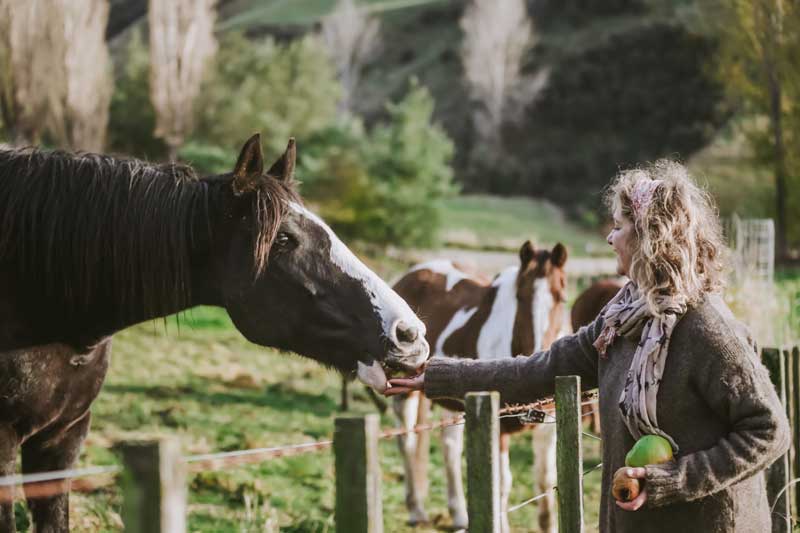Ethically Bankrupt Organisations
I recently read a post on Facebook from Riverford, a large organic vegetable and fruit supplier and grower in the UK. I follow Riverford, and while being in New Zealand, I cannot buy their produce, I admire many of the initiatives they are taking, both environmentally and socially.
This particular post was about marketing and the traps they had fallen into in the past. Chief among these traps was using pushy, and in founder Guy Singh-Watson’s words, the most ethically bankrupt organisations he had ever had the misfortune to deal with.
Like many, including lots of respected charities, they had outsourced their dirty work to a company with questionable employment practices, who relied on discounts to persuade new customers – paid for, one way or another, by loyal ones.
It was not until 2016 that they finally sacked this company and brought their sales and marketing in house. In the short term following this move, new customer numbers halved, and the cost of attracting them doubled, but three sometimes painful years on from that brave (going on foolhardy) decision, Riverford are recruiting more, and more loyal, customers than ever.
For many years I have followed and read the work of Seth Godin. His approach to marketing would be the polar opposite of that practised by the company that Riverford sacked. Godin’s writings have always focused on doing the work, providing the best product or service you can at the time and building on that. He often talks about talking to and building your tribe, those who relate to not only what you provide, but also what you stand for. He talks about nurturing and treasuring this relationship with honesty and integrity.
What a marked difference this approach is compared to much of what I now see happening.
You may wonder what this has to do with River Valley?
Let me start with a story, a story that we now hear all too often. The story goes like this.
A young traveller disembarks from an international flight at Auckland Airport. She is tired; it has been a long flight. Quite possibly she has not travelled a great deal previously, so there is a certain naivety about her. Coming out of the airport, she catches some transport to an inner-city backpacker hostel.
While some travellers in this situation may have researched and prebooked what they intend to do while in New Zealand, many will have not. Our person intends to find out more as she goes along.
It is at this point that our young traveller becomes a mark. For near, or even in the place she is staying is a commission-driven salesperson whose job it is to sell our young naive traveller as many activities and add ons as possible. Now there is nothing wrong with this in itself; however, part of the script appears to be that our salesperson knows that our traveller is an easier sell while tired and jet-lagged.
It is not uncommon for many a young traveller to be $1500, or more, poorer after a session of this high-pressure sales routine. And this is after being in the country only a few hours.
What Do We Hear?
Unsolicited, and with increasing regularity, we find people coming up to members of our staff and wanting to talk about their version of the experience outlined above. One girl spent an hour pouring out what had happened to her and how she felt so offended by the experience. This is a summary of what we hear they have experienced.
The sales routine is high pressure, majoring on leveraging the fear of missing out if they don’t book right now. There will be no space they are told, and they will not be able to purchase the activity any cheaper unless they buy now. Laced with this they will be advised that they cannot trust tour drivers and anybody else who attempts to sell them anything or even offers advice. The story will be a mix of truth, half-truths, some character assassination, and a few outright lies.
The result? We hear from people days after this sales experience telling us they still felt almost violated. We have seen tears. We have heard about people who cannot get full refunds when activities they have prebooked are cancelled due to weather conditions – one poor girl had a bad run with weather conditions and could only get a 60% refund of the $1500 she had spent. We have heard from people who are unable to do the activity they have been sold because the transport option they have also been sold does not go anywhere near that activity, or does not fit within the bus schedule.
Come on the New Zealand tourism industry. Should operators be supporting this type of practice? Where is our industry-wide integrity and honesty? Surely we can do better than this.
Brian Megaw
























